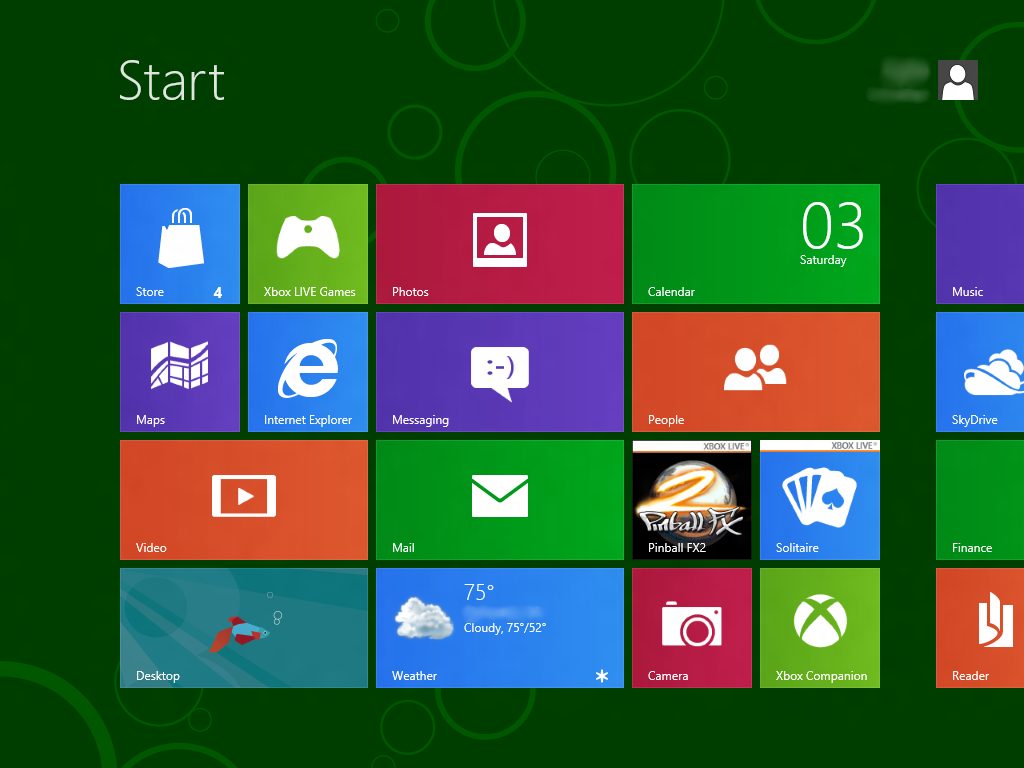Do you like this article?
With Windows 8 set to become the talk of tech town, it is time you
start deliberating whether or not you will be jumping on the bandwagon.
Windows has been a reliable operating system for many years, no doubt
but with iOS, Mac and Android
challenging it, it has to deliver something special. Microsoft would
rely heavily on Windows 8 to recapture people’s faith and confidence as
well as being the boost the company needs right now. Whether it is any
good is another thing altogether.
To make the right decision about whether you
should or shouldn’t upgrade to Windows 8, it is essential that you go
over the reasons for both. Here are some of the reasons why you
shouldn’t upgrade to Windows 8.
The Windows 8 is faster than all previous versions of the operating
system. Even if that hadn’t been mentioned, anyone could have guessed
it. Every time Microsoft goes for a newer version, it has increased the
speed, but the crucial question is by how much. According to reports,
the difference is not much and casual home users wouldn’t even realize
that they are using a faster processor.
The inclusion of the Windows 8 Store will cause some excitement among
users but the fact of the matter is that it pales in comparison to the
App Store. The number of apps available through it is limited and most
of them have been created by amateur developers. Add to that the fact
that the Store has virtually been designed to work with the new Windows 8
User Interface means only Microsoft Users can access it.
If you want to store anything on a cloud, your only option is Windows
SkyDrive. This is because Windows 8 isn’t compatible with any other
cloud host. In case you are using Dropbox or Google Drive, you would
have to shift all that data to SkyDrive to hold on to it. Not that there
is much problem with that but most users would have paid for the extra
storage space and that money is going down the drain.
There is much hype and hoopla surrounding the new User Interface (UI) Microsoft
has developed for Windows 8. It is being said to push the boundaries,
but it doesn’t. In fact, it only makes things more complicated for the
average user. Performing simple functions and tasks is more difficult on
Windows 8 than it was on Windows 7 or XP.
The inclusion of Windows Defender on the Windows 8 OS is Microsoft’s
way of telling people that their computers are more secure. However, the
Windows Defender has limited functionality and capability which means
it cannot provide the level of security and protection any software can.
You would have to use an anti-virus or other security program to keep
your system safe.
These are some of the reasons why you shouldn’t upgrade to Windows 8.







